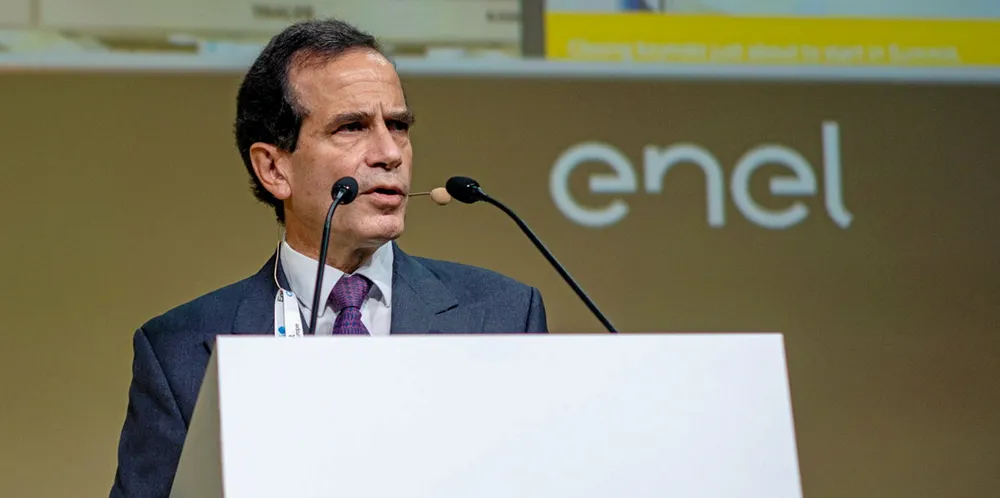Even the European gas lobby can’t make a case for hydrogen boilers — so why does it say gases are needed to decarbonise heating?
Recharge speaks to the leaders of Eurogas and examines their evidence

Recharge speaks to the leaders of Eurogas and examines their evidence
